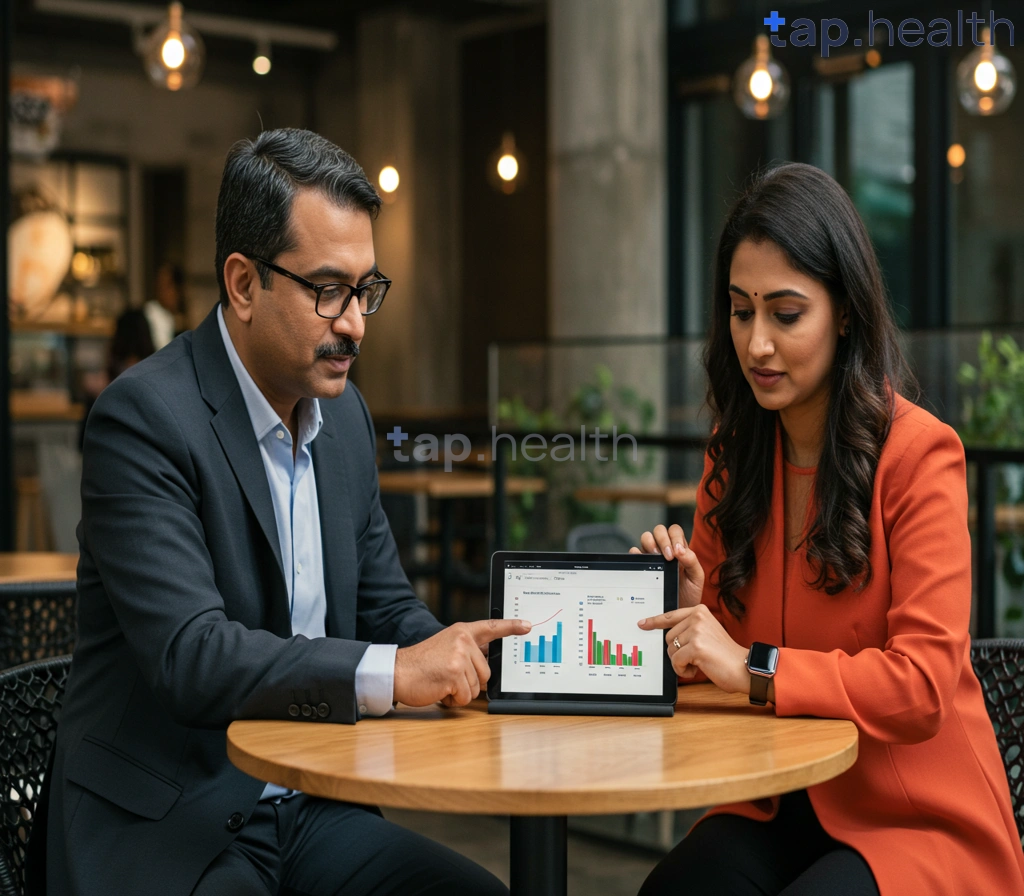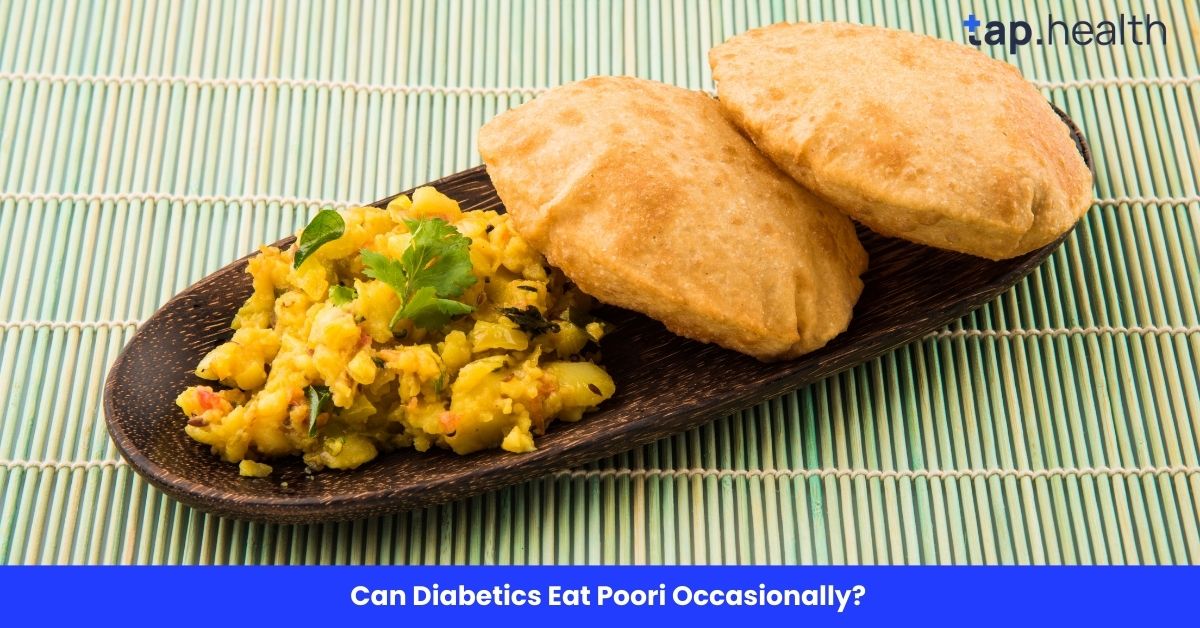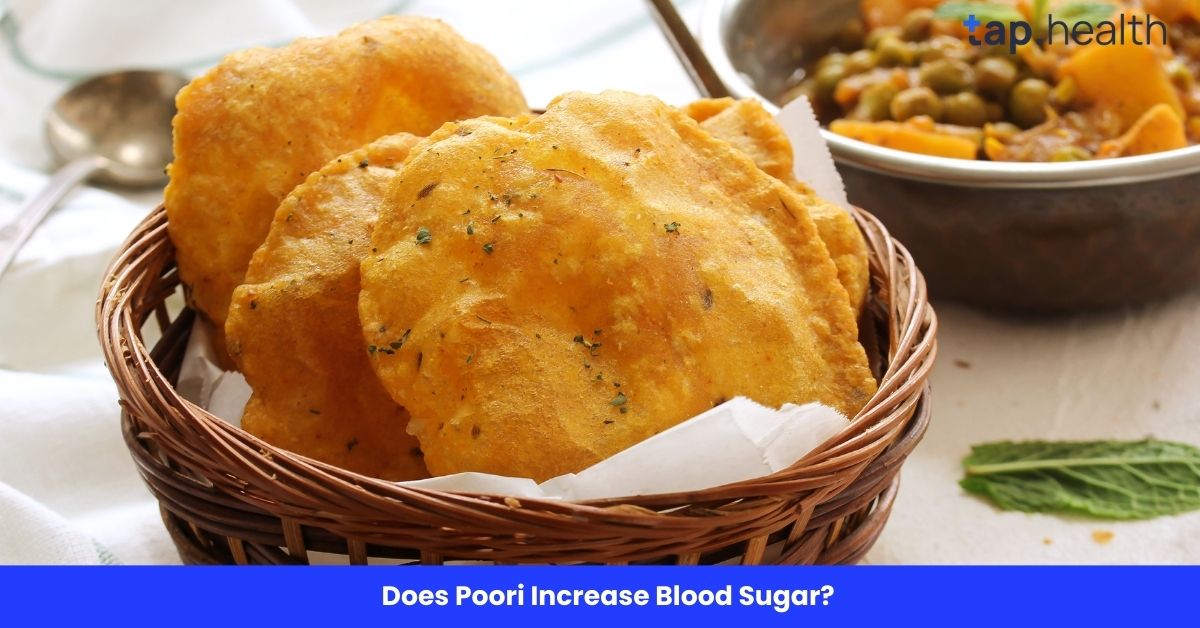Table of Contents
- Artificial Sweeteners: Friend or Foe for Diabetics?
- Understanding the Impact of Sugar Substitutes on Blood Glucose
- Artificial Sweeteners and Diabetes: A Comprehensive Guide
- Managing Diabetes: The Role of Sugar Alternatives in Your Diet
- Is it Safe to use Artificial Sweeteners if You Have Diabetes?
- Frequently Asked Questions
- References
Are artificial sweeteners a safe alternative for people with diabetes, or do they pose hidden risks? The answer, unfortunately, isn’t simple. This blog post dives into the heart of Artificial Sweeteners and Diabetes: The Ongoing Debate, exploring the latest research and uncovering the complexities surrounding this controversial topic. We’ll examine the potential benefits and drawbacks, helping you make informed choices about your diet and health management. Let’s unravel the science behind the sweetness and separate fact from fiction.
Artificial Sweeteners: Friend or Foe for Diabetics?
The global battle against rising diabetes rates, particularly prevalent in India and tropical countries, often leads to intense scrutiny of dietary choices. One area sparking considerable debate is the role of artificial sweeteners. With the average daily sugar consumption hovering around 17 teaspoons (68 grams) – significantly exceeding the World Health Organization’s recommendation of no more than 6 teaspoons (25 grams) for adults – many diabetics are turning to these alternatives. But are they truly a healthier option?
Understanding the Complexities
Artificial sweeteners, like sucralose, aspartame, and stevia, offer a calorie-free way to sweeten foods and drinks, making them appealing to those managing blood sugar levels. However, the long-term effects on metabolic health remain a subject of ongoing research. Some studies suggest potential links between artificial sweetener consumption and increased risk of certain health conditions, while others show no significant negative impact. The key lies in moderation and understanding individual responses.
Regional Considerations in India and Tropical Countries
In regions like India, traditional dietary patterns often include high levels of naturally occurring sugars in fruits and certain preparations. This makes the transition to artificial sweeteners a complex issue, requiring careful consideration of overall dietary intake. Consulting a registered dietitian or doctor specializing in diabetes management is crucial for personalized advice, particularly in these diverse regions with varying metabolic profiles. They can assess individual needs and dietary habits, recommending the most appropriate approach to sugar management, which may or may not include artificial sweeteners. For example, understanding the impact of naturally occurring sugars, as discussed in Is Brown Sugar Good for Diabetics?, is crucial. Similarly, exploring alternatives like Is Sweet Potato Good for Diabetics? A Comprehensive Guide can provide valuable insights.
The Bottom Line: Informed Choices are Key
While artificial sweeteners might seem like a quick fix, they’re not a magic bullet. The best approach involves a holistic strategy that includes a balanced diet rich in fruits, vegetables, and whole grains, regular exercise, and close monitoring of blood sugar levels. Seek expert advice to tailor a plan that suits your specific needs and cultural context, especially within the Indian and tropical regions. Remember, informed choices are far more effective than relying on quick solutions alone.
Understanding the Impact of Sugar Substitutes on Blood Glucose
The rising rates of diabetes in India and other tropical countries are alarming. With per capita sugar consumption in India reaching a staggering 20 kg per year, understanding the role of sugar and its substitutes in blood glucose management is crucial. Excess sugar consumption increases diabetes risk by a significant 18%, highlighting the urgent need for informed choices. This underscores the importance of exploring the impact of artificial sweeteners on blood sugar levels.
Artificial Sweeteners: A Closer Look
While artificial sweeteners offer a seemingly healthier alternative to sugar, their long-term effects on blood glucose and overall metabolic health remain a subject of ongoing debate. Some studies suggest that these substitutes, while not directly raising blood sugar levels, may still influence gut microbiota and insulin sensitivity in ways that could indirectly impact diabetes risk. The impact varies greatly depending on the type of artificial sweetener consumed. For example, the effects of aspartame differ from those of stevia. It’s important to note that more research is needed to fully understand the long-term consequences of regular artificial sweetener consumption.
Making Informed Choices in India and Tropical Climates
In regions like India, where traditional diets often feature high sugar content, transitioning to healthier alternatives requires careful consideration. While artificial sweeteners might seem like a simple solution, prioritizing whole foods, managing portion sizes, and consulting a healthcare professional before making significant dietary changes are crucial steps. This is particularly important given the high prevalence of diabetes in these regions. Consider incorporating natural sweeteners like jaggery in moderation, alongside a balanced diet rich in fruits, vegetables, and whole grains. Remember, a holistic approach to healthy eating, combined with regular exercise, is key to preventing and managing diabetes. For more information on maintaining healthy blood sugar levels, check out our article on Blood Sugar Levels.
Consult a Doctor
Ultimately, the best approach to managing blood sugar levels and mitigating diabetes risk is to consult with a healthcare professional. They can provide personalized advice based on your individual health needs and lifestyle, taking into account your unique dietary habits and regional context. Don’t hesitate to seek expert guidance to make informed decisions about your health. Understanding what constitutes a normal blood sugar level is also important. Learn more by reading our article: Is an 85 Sugar Level Normal? Understanding Healthy Blood Glucose.
Artificial Sweeteners and Diabetes: A Comprehensive Guide
The Ongoing Debate
The relationship between artificial sweeteners and diabetes remains a complex and hotly debated topic. While some studies suggest that these sugar substitutes may not directly cause diabetes, concerns persist. For instance, research indicates that daily consumption of sugary beverages raises diabetes risk by 26%. This highlights the importance of mindful sugar intake, regardless of its source. In India and other tropical countries, where sugary drinks are prevalent and diabetes rates are high, this is a particularly relevant issue.
Artificial Sweeteners in the Indian Diet
Many processed foods and beverages commonly consumed in India and tropical regions utilize artificial sweeteners. Understanding the long-term health implications of regular consumption is crucial. While artificial sweeteners may help manage weight and reduce calorie intake, their potential impact on gut microbiota and insulin sensitivity needs further investigation. This is especially significant given the prevalence of metabolic disorders in these regions. It’s also important to be aware of How to Identify and Avoid Hidden Sugars in Processed Foods, as these can significantly impact blood sugar levels.
Navigating Choices: Tips for Healthy Sugar Consumption
Choosing healthier alternatives to sugary drinks and processed foods is paramount. Focusing on whole, unprocessed foods like fruits and vegetables can significantly contribute to better blood sugar management. Prioritizing natural sweetness from fruits over artificial alternatives is a smart step towards preventing diabetes. Consulting a healthcare professional or registered dietitian for personalized advice tailored to your individual needs and regional dietary habits is essential. They can help you navigate the complexities of artificial sweeteners within the context of your specific lifestyle and health goals. Remember, moderation and mindful consumption are key. For further support in managing your diabetes, you might find Safe and Effective Dietary Supplements for Diabetes Care helpful.
Managing Diabetes: The Role of Sugar Alternatives in Your Diet
The rising prevalence of diabetes, particularly among the working-age population (61% of those with diabetes are aged 20-64), necessitates a careful examination of dietary choices. In many Indian and tropical countries, where traditional diets often include high levels of naturally occurring sugars, understanding the role of artificial sweeteners becomes crucial for effective diabetes management. This is especially pertinent given the significant percentage of the diabetic population who are over 65 (39%). As we age, managing diabetes becomes increasingly complex, as highlighted in our article on Managing Diabetes as You Age: Challenges and Solutions.
Artificial Sweeteners: A Double-Edged Sword
While artificial sweeteners offer a way to reduce sugar intake and manage blood glucose levels, their long-term effects are still under investigation. Some studies suggest potential links to other health concerns, while others highlight their benefits in weight management for individuals with diabetes. The key is moderation and informed choice. In tropical climates, where naturally sweet fruits are abundant, it’s vital to choose options wisely, focusing on whole fruits over processed foods containing artificial sweeteners.
Making Informed Choices
For people with diabetes in India and other tropical regions, focusing on balanced meals rich in fiber, whole grains, and lean proteins remains paramount. Artificial sweeteners can play a supporting role, but should not replace a healthy lifestyle and regular medical check-ups. Consult your doctor or a registered dietitian to create a personalized diabetes management plan that addresses your specific needs and considers the availability of food options in your region. Remember, mindful consumption and a holistic approach to diabetes management are key to long-term health and well-being. Prioritize whole foods, limit processed options, and stay informed about the latest research. For more practical tips, check out our article on 10 Proven Tips for Effective Diabetes Management.
Is it Safe to use Artificial Sweeteners if You Have Diabetes?
The relationship between artificial sweeteners and diabetes is a complex and often debated topic, particularly in regions like India and other tropical countries where dietary habits and diabetes prevalence are high. Many individuals with diabetes carefully monitor their carbohydrate intake, aiming for roughly 45–60 grams per meal, a range that varies based on individual needs and activity levels. This careful management is crucial for blood sugar control. So, how do artificial sweeteners fit into this picture?
Artificial Sweeteners and Blood Sugar
While artificial sweeteners contain negligible carbohydrates, the impact on blood sugar isn’t always straightforward. Some studies suggest that long-term consumption of certain artificial sweeteners might be linked to changes in gut microbiota, potentially influencing glucose metabolism. However, more research is needed to definitively establish a direct causal link between artificial sweetener use and negative health outcomes in individuals with diabetes, especially considering the diverse diets prevalent across India and tropical regions.
Practical Considerations for People with Diabetes in India and Tropical Countries
For those managing diabetes in India and similar regions, where traditional diets often include high levels of natural sugars, moderation is key. Artificial sweeteners can be a tool for reducing sugar intake in some instances, especially in processed foods and beverages. However, relying solely on artificial sweeteners without addressing overall dietary habits is not a sustainable solution. A balanced diet that prioritizes whole foods, regular exercise, and consistent blood sugar monitoring remains crucial for effective diabetes management. Consulting a doctor or registered dietitian for personalized advice tailored to your individual needs and dietary preferences is strongly recommended. Consider exploring alternatives like stevia or other natural sweeteners in moderation alongside a balanced meal plan that fits your lifestyle and cultural context. Choosing the right foods can be tricky; for example, you might wonder Is Sweet Corn Good for Type 2 Diabetes? Similarly, understanding the impact of processed foods is important, such as knowing Which Biscuit is Good for Diabetes?.
Frequently Asked Questions on Artificial Sweeteners and Diabetes: The Ongoing Debate
Q1. Are artificial sweeteners safe for diabetics?
The long-term effects of artificial sweeteners on metabolic health are still being researched. Some studies suggest potential links to health problems, while others don’t show significant negative effects. The impact also varies depending on the type of sweetener and individual responses. Moderation is key.
Q2. Can artificial sweeteners help diabetics manage their blood sugar?
Artificial sweeteners can be a tool in a comprehensive diabetes management plan, offering a calorie-free alternative to sugar. However, they shouldn’t replace a healthy lifestyle that includes balanced meals, regular exercise, and close blood sugar monitoring.
Q3. What is the recommended approach to using artificial sweeteners if I’m a diabetic?
A holistic approach is best. Consult a doctor or registered dietitian for personalized advice. They can help you determine if and how to incorporate artificial sweeteners into your diet while maintaining a healthy lifestyle.
Q4. Are there any potential downsides to using artificial sweeteners?
The potential long-term health effects aren’t fully understood. Some studies raise concerns, highlighting the need for moderation and a focus on a balanced diet and healthy lifestyle. Individual responses to different sweeteners also vary.
Q5. Should I completely avoid artificial sweeteners if I have diabetes?:
Not necessarily. Artificial sweeteners might be part of a diabetes management plan, but only under the guidance of a healthcare professional. They shouldn’t replace a healthy diet and lifestyle. A doctor or dietitian can provide tailored recommendations based on your individual needs and health status.
References
- Artificial intelligence in diabetes management: Advancements, opportunities, and challenges: https://www.cell.com/cell-reports-medicine/pdf/S2666-3791(23)00380-4.pdf
- A Practical Guide to Integrated Type 2 Diabetes Care: https://www.hse.ie/eng/services/list/2/primarycare/east-coast-diabetes-service/management-of-type-2-diabetes/diabetes-and-pregnancy/icgp-guide-to-integrated-type-2.pdf



